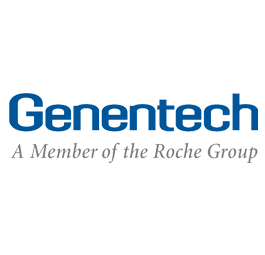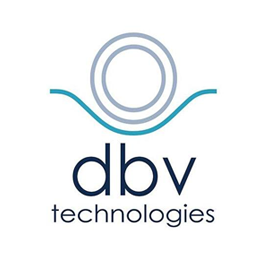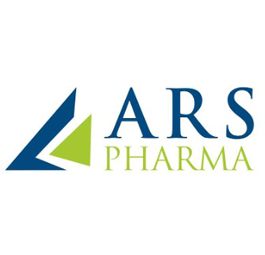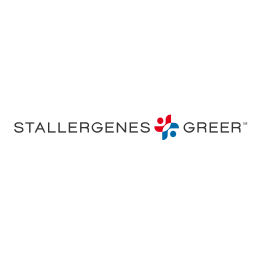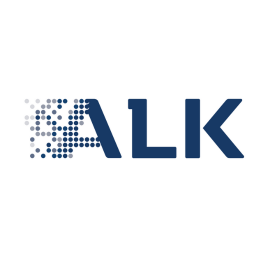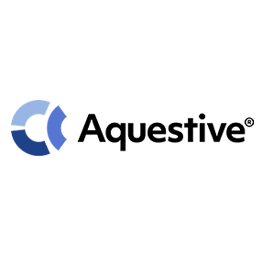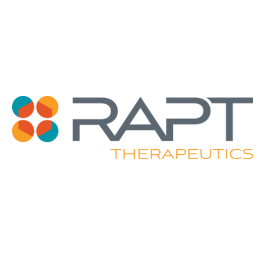FARE's Clinical Development Day
Washington, D.C. | October 30-31, 2025
Ages and Stages of Food Allergy: Diagnosis and Treatment Across the Lifespan
This year’s Clinical Development Day explored food allergy through a longitudinal lens, emphasizing how phenotypes—observable traits—can differ among individuals and change over the course of a patient’s life. Recognizing these patterns can inform more innovative and effective disease management practices.
This exclusive event convened key stakeholders focused on food allergy, including representatives from the U.S. Food and Drug Administration (FDA), the National Institutes of Health (NIH), industry partners, translational and clinical scientists, and practicing clinicians.
This annual symposium aims to foster collaboration and dialogue toward overcoming challenges in the development of innovative therapeutics and diagnostics. By bringing together diverse expertise, this event seeks to accelerate progress towards addressing the unmet needs of individuals living with food allergy and improving their quality of life.
Clinical Development Day Co-Chairs

Sarita Patil, MD
Assistant Professor, Harvard Medical School

Stephen Tilles, MD
Research and Strategic Innovation Advisor, FARE

Yamini Virkud, MD, MA, MPH
Associate Professor, University of North Carolina at Chapel Hill
OctoberFARE
Clinical Development Day is part of our annual gathering, OctoberFARE. In 2025, OctoberFARE also featured FARE Neighborhoods Day, the Food Allergy Summit, and a special Teal Pumpkin Project celebration on Halloween!
Learn More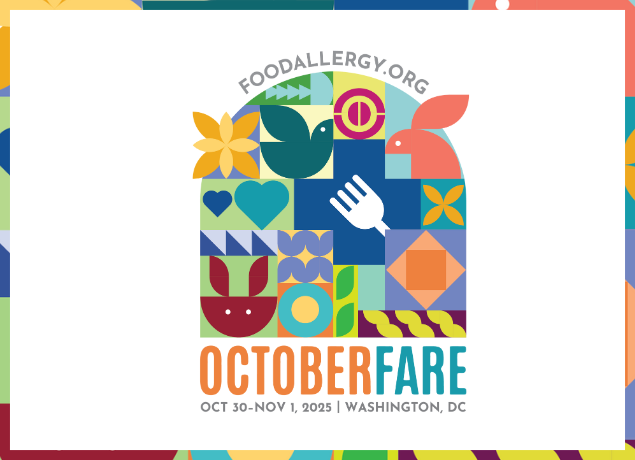

Our Venue
The Ronald Reagan Building and International Trade Center
1300 Pennsylvania Avenue NW
Washington, DC 20004
Thank You to Our Sponsors
